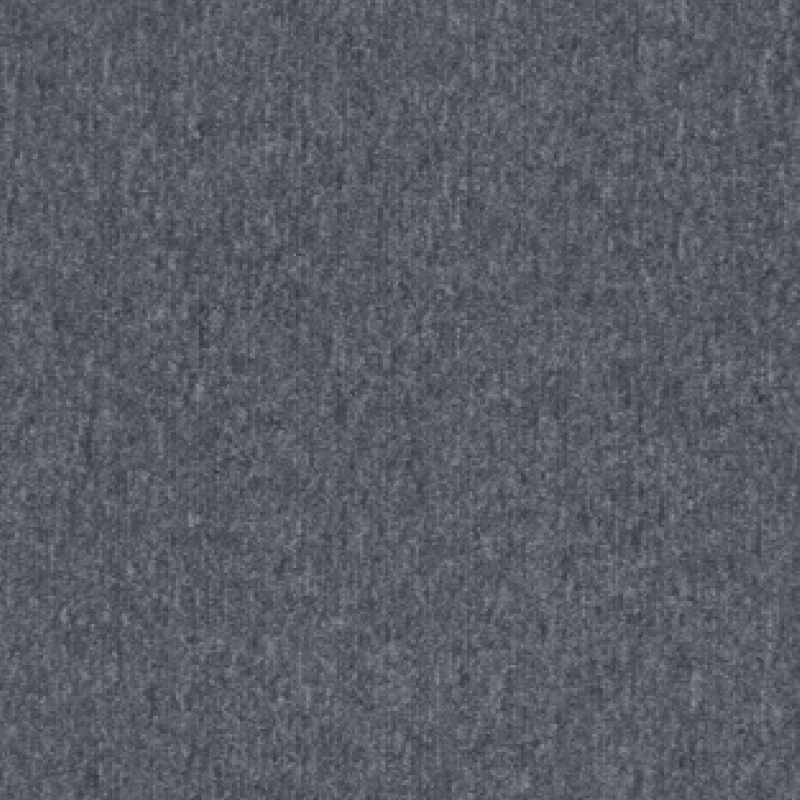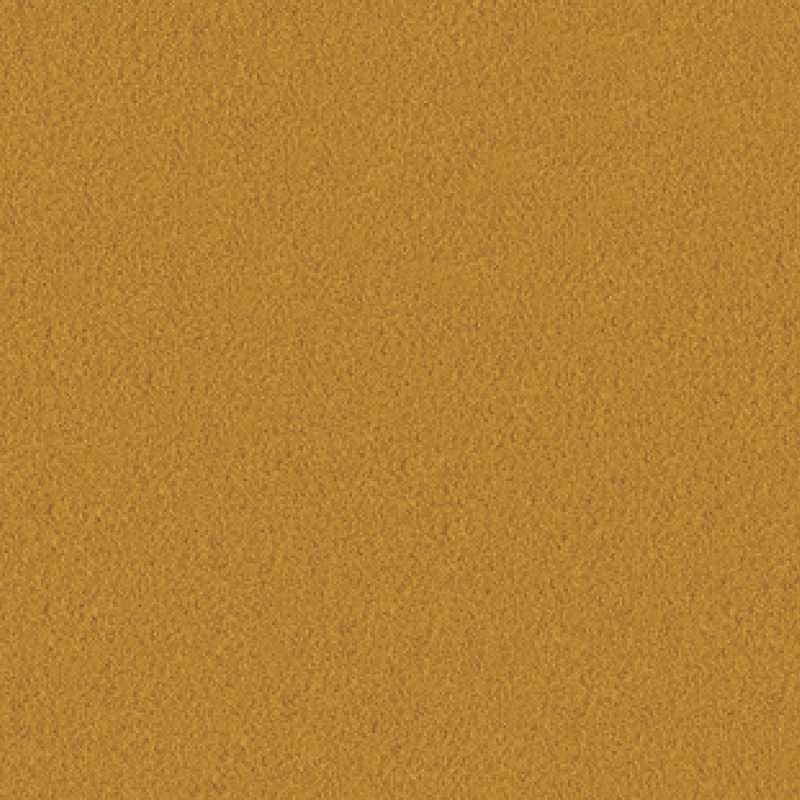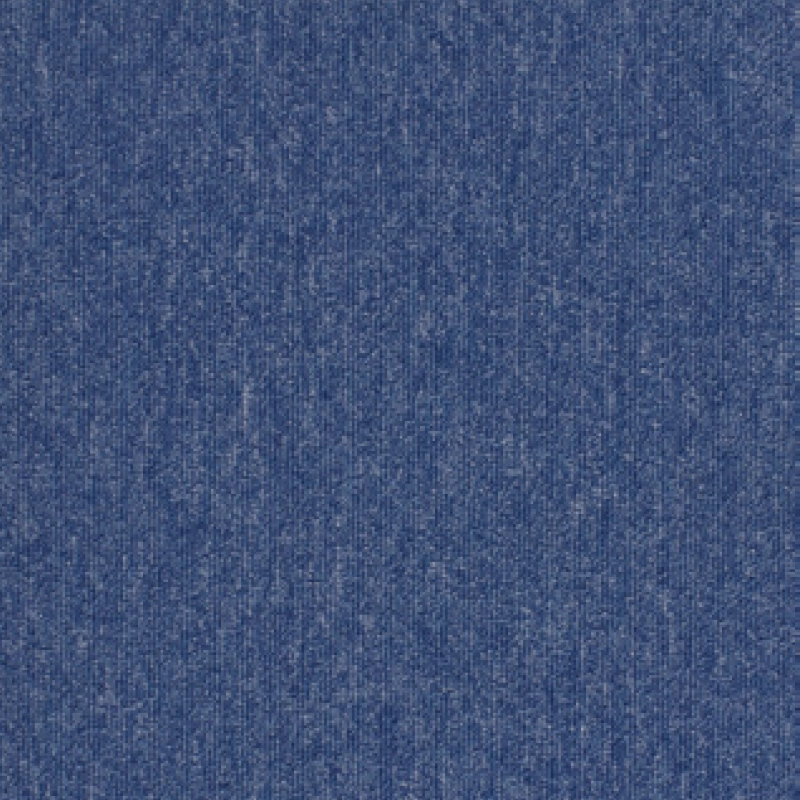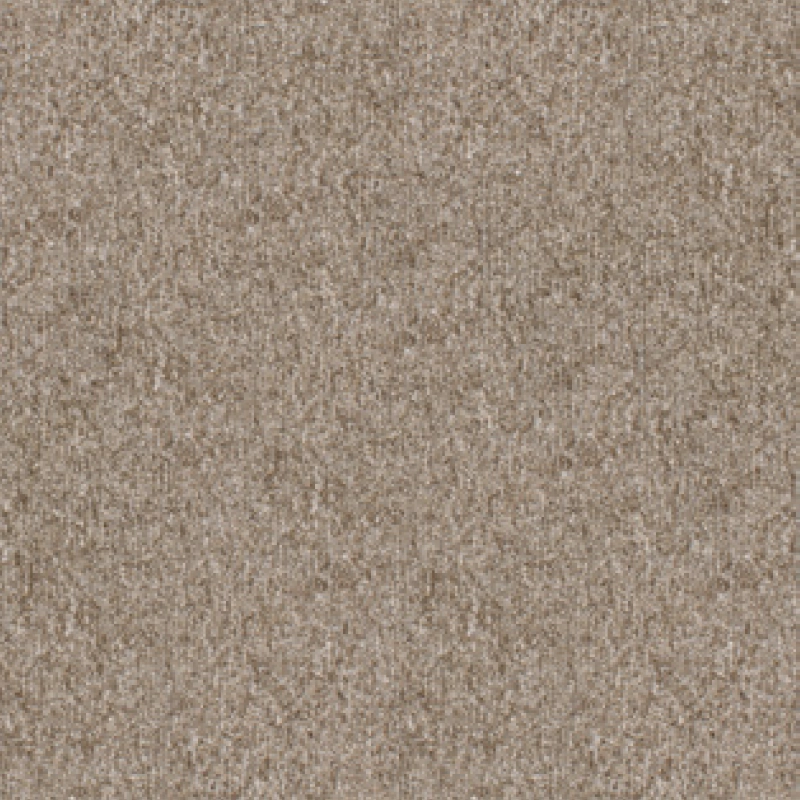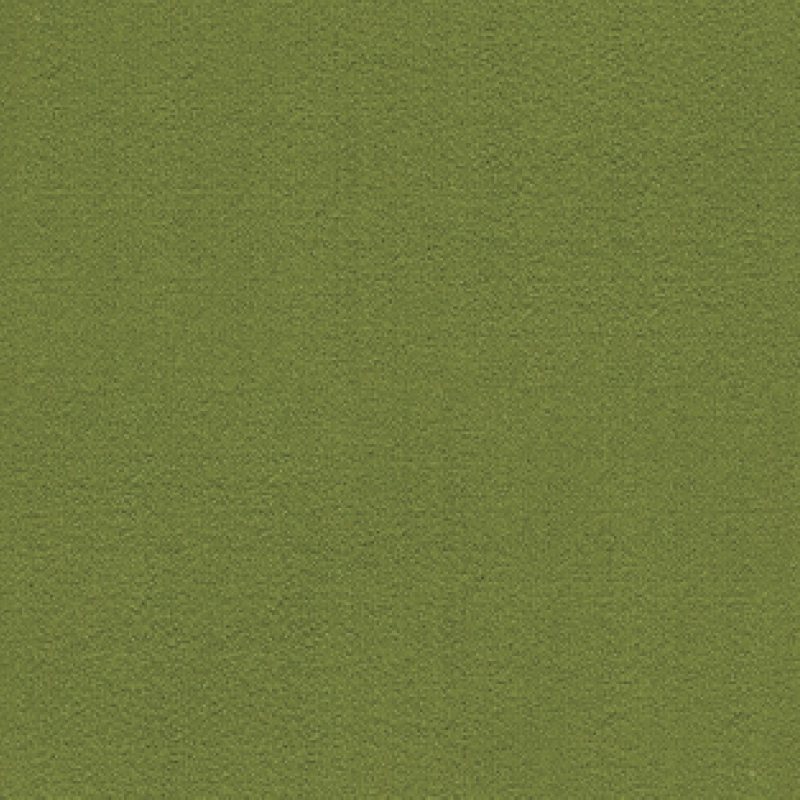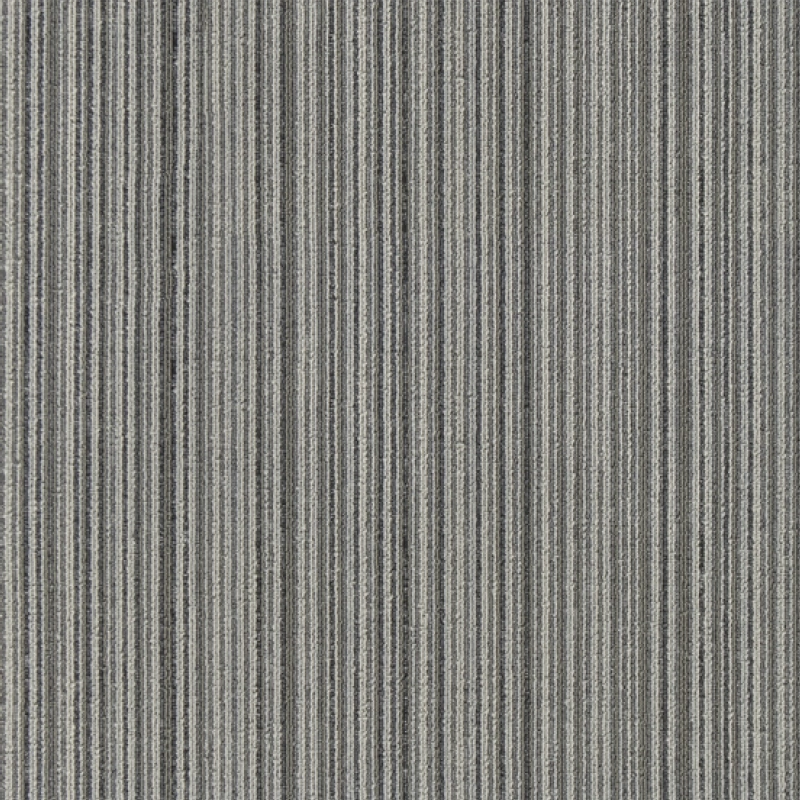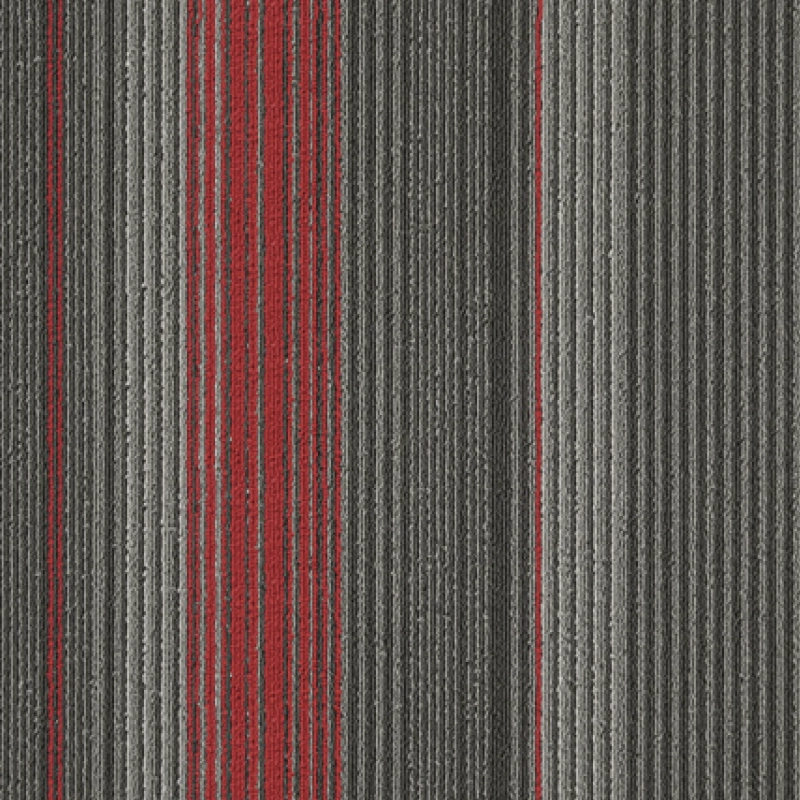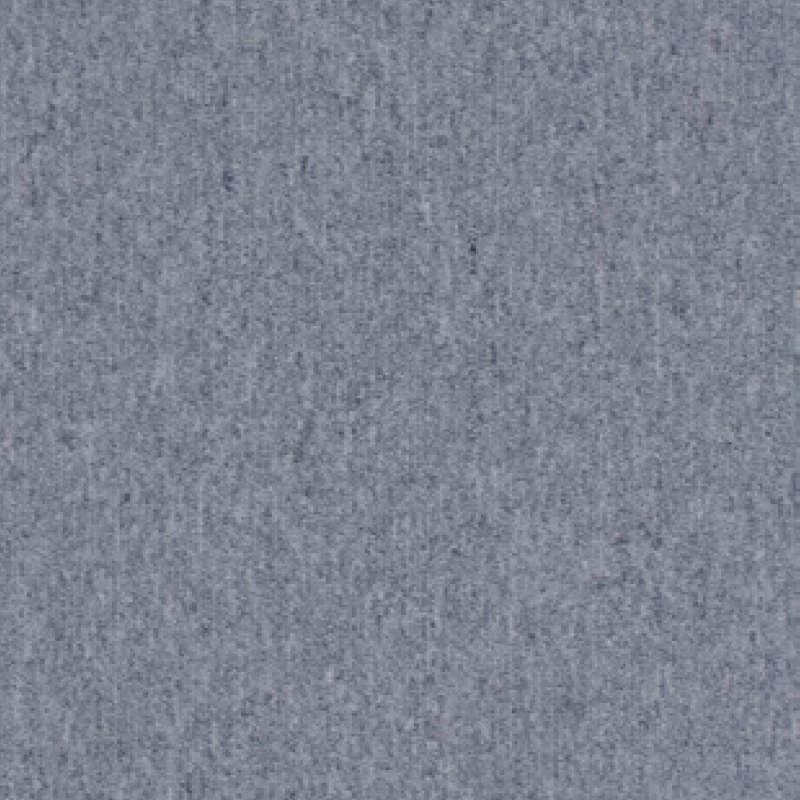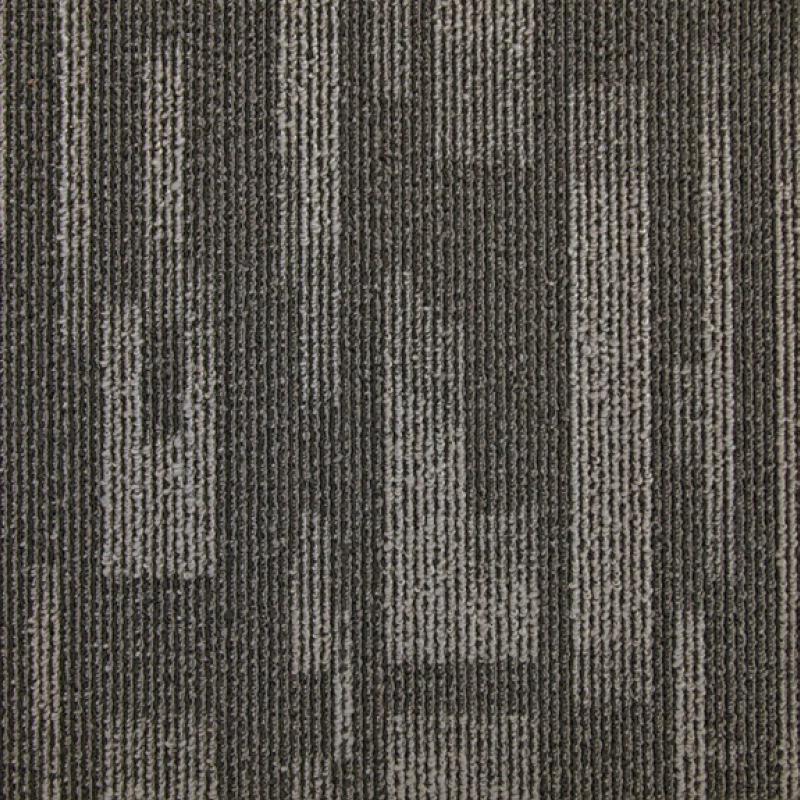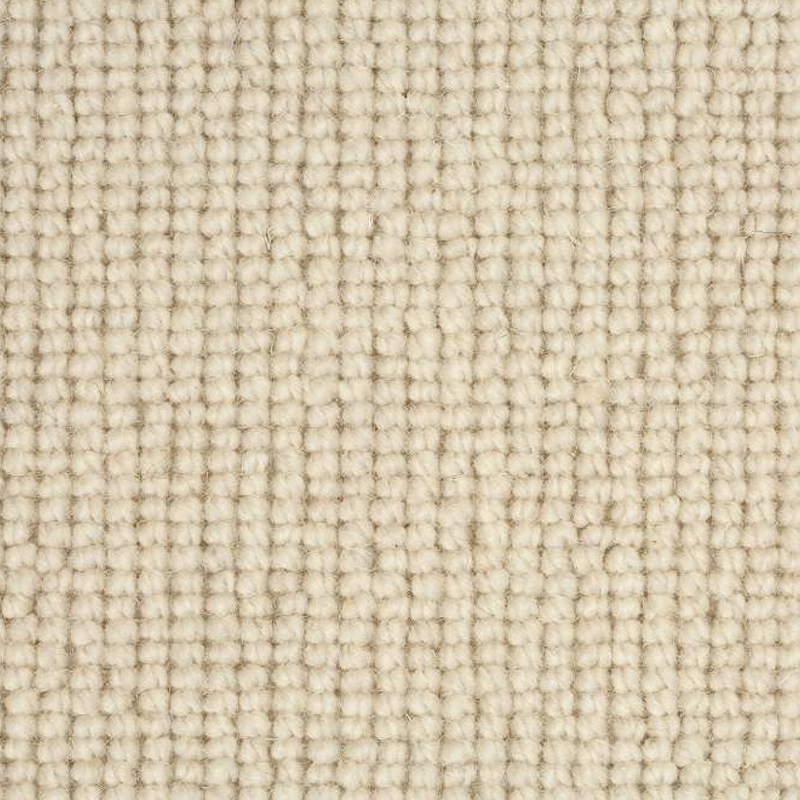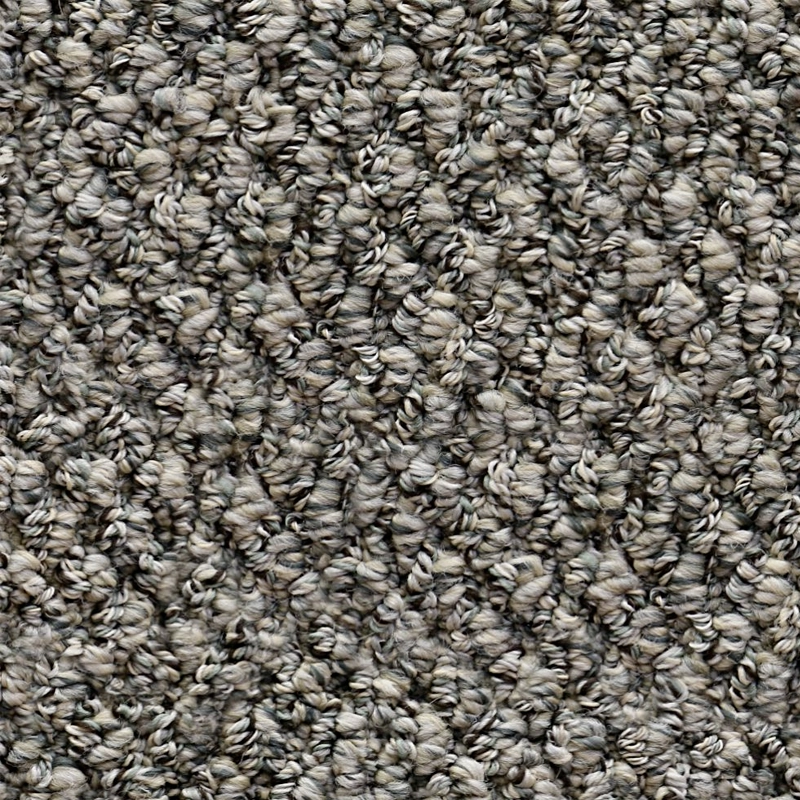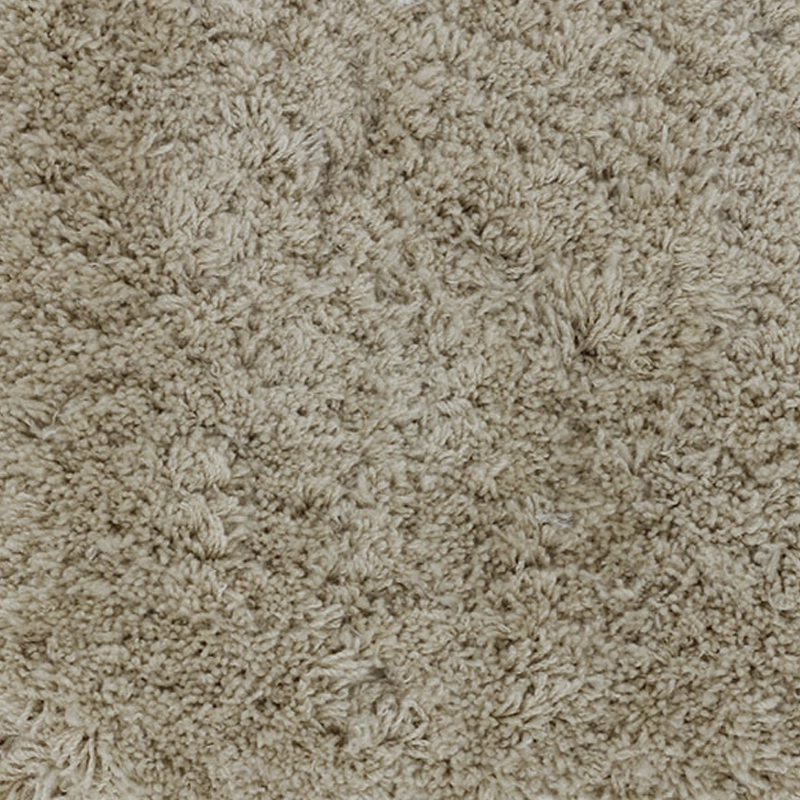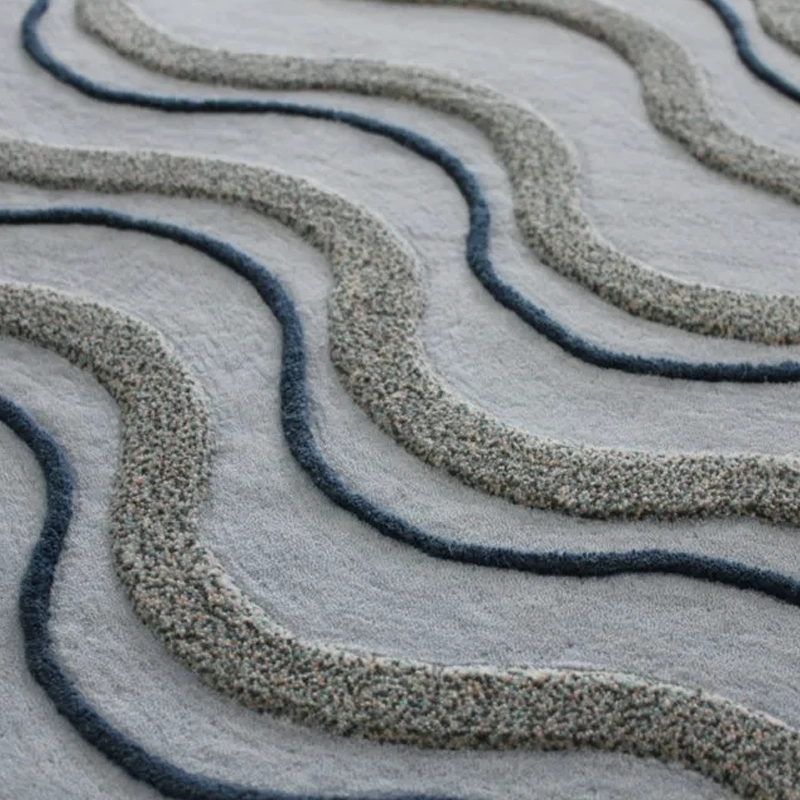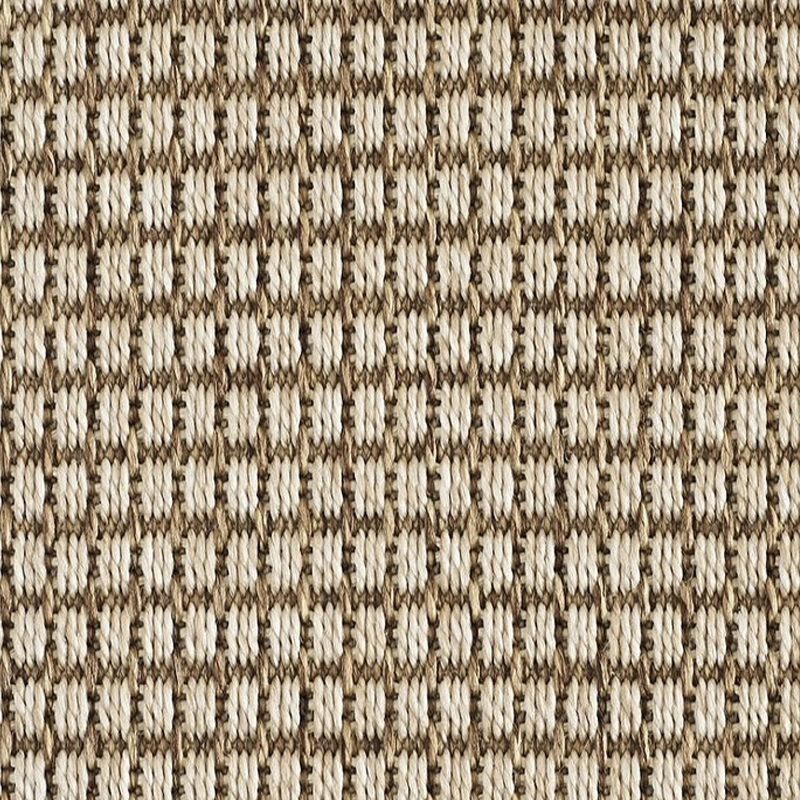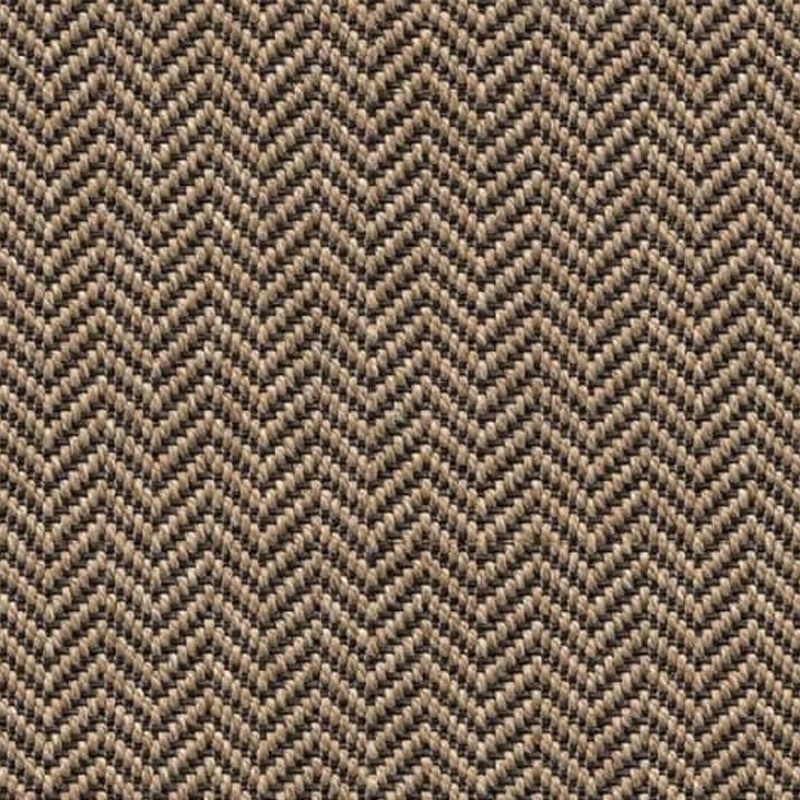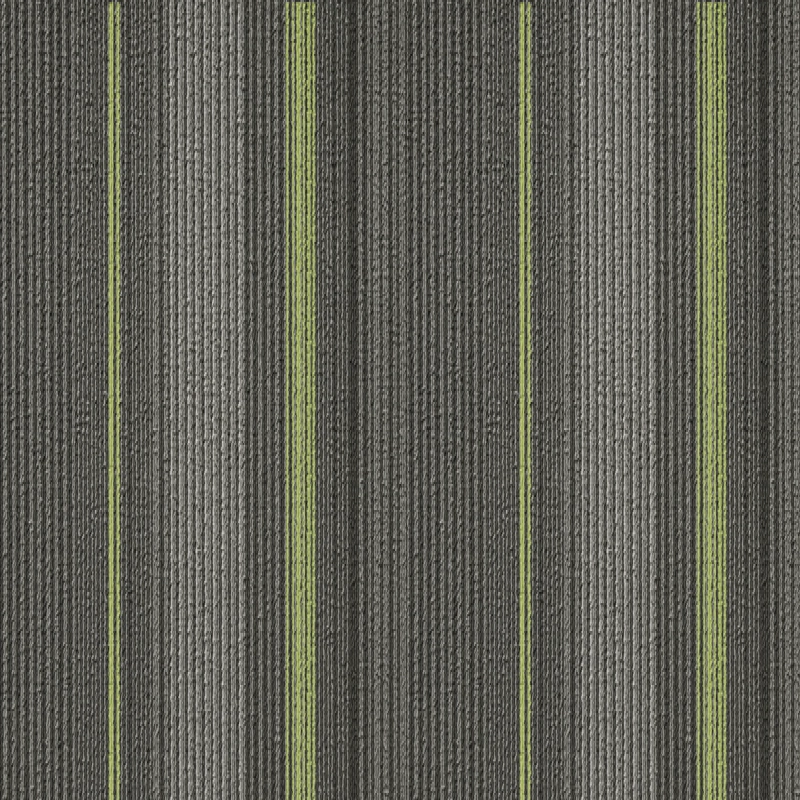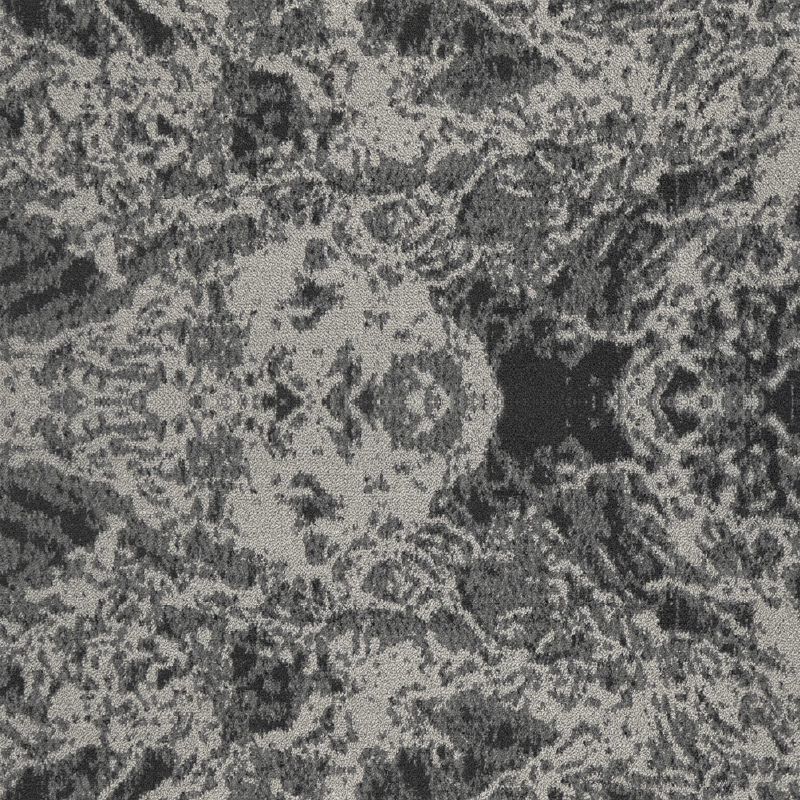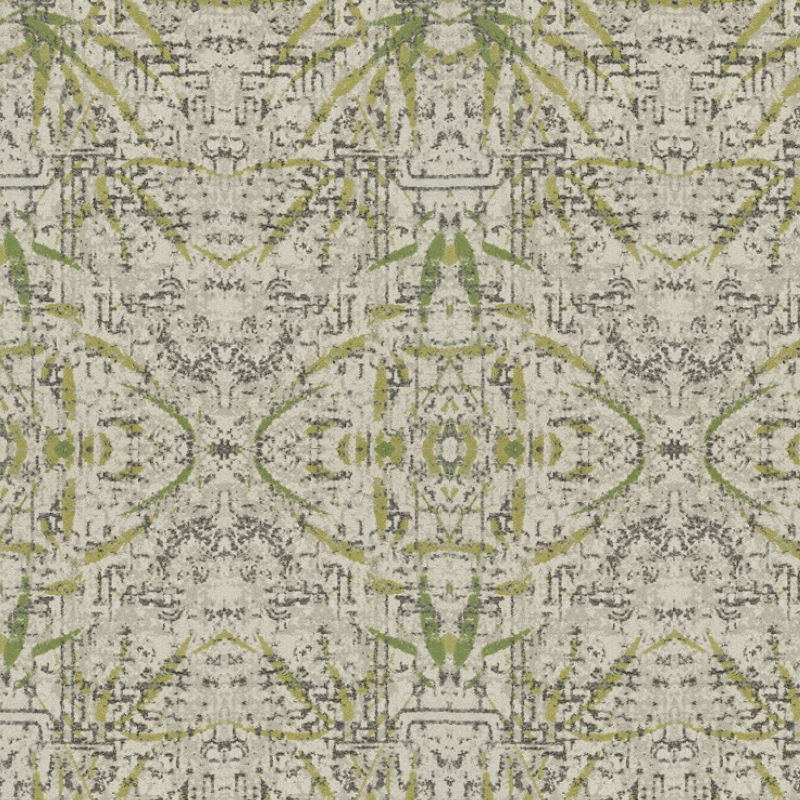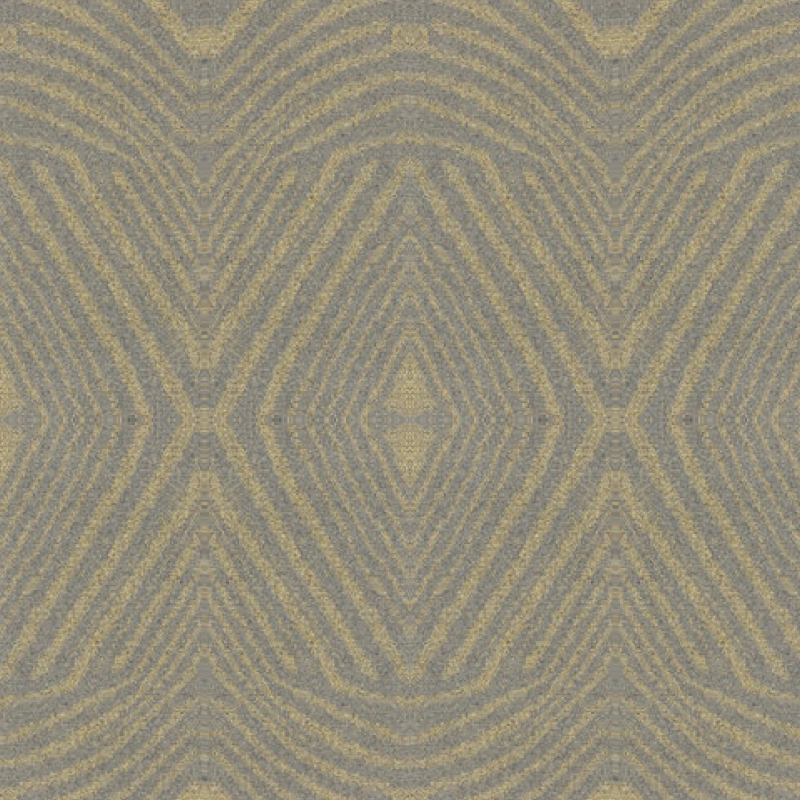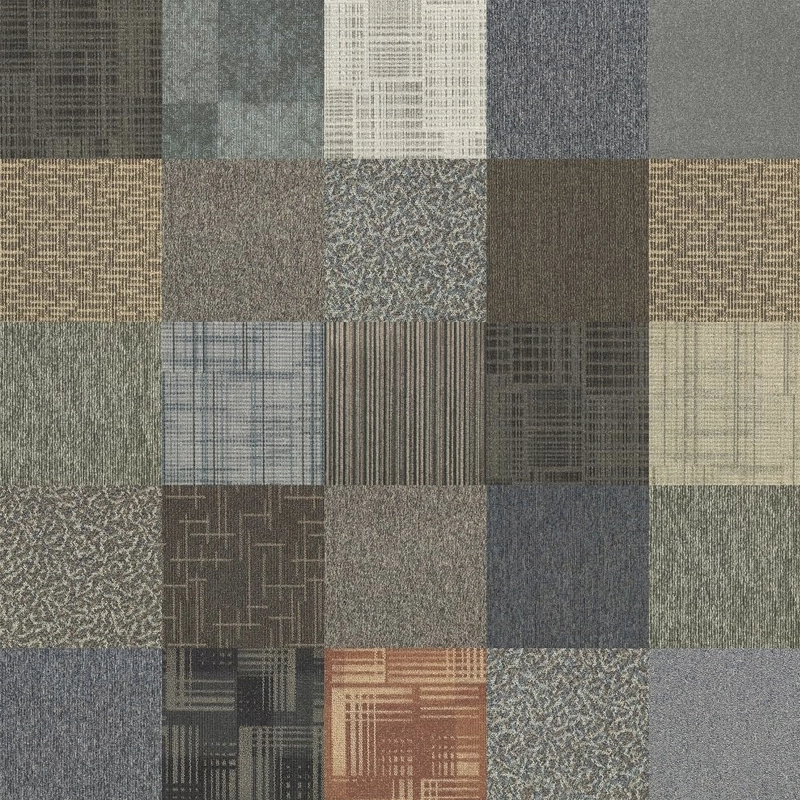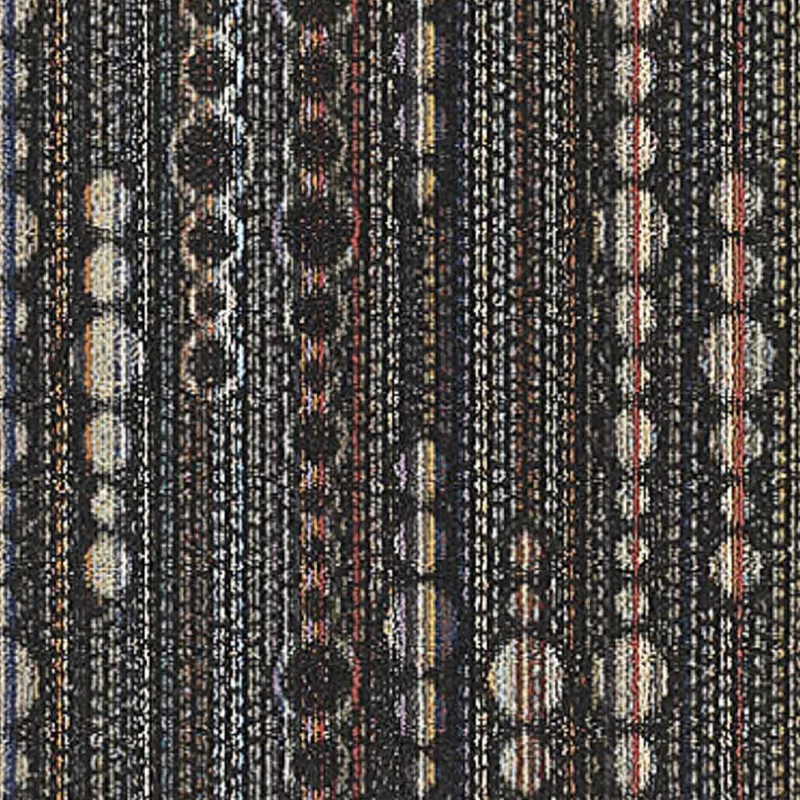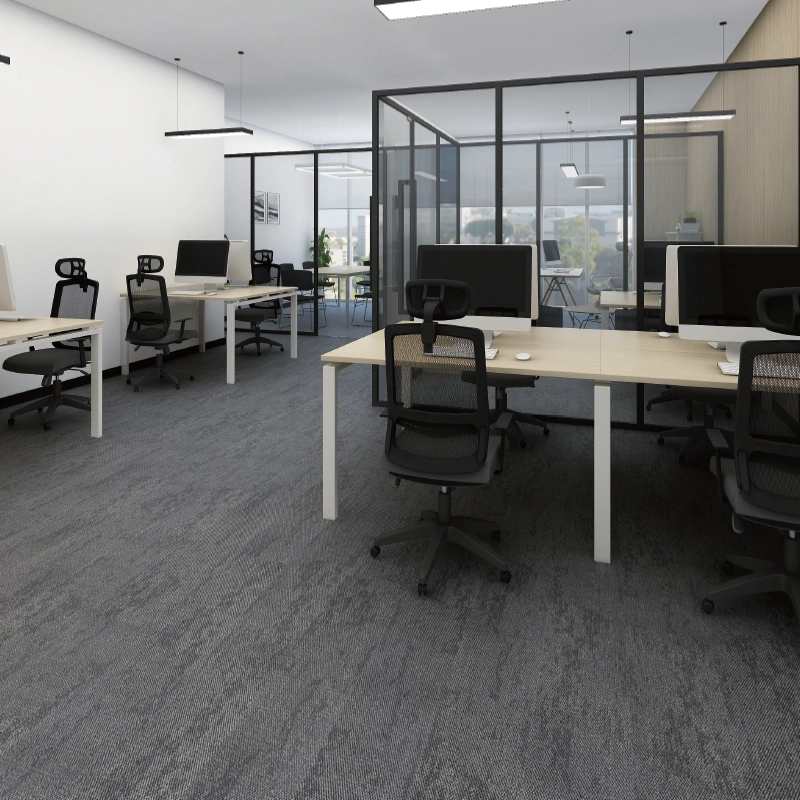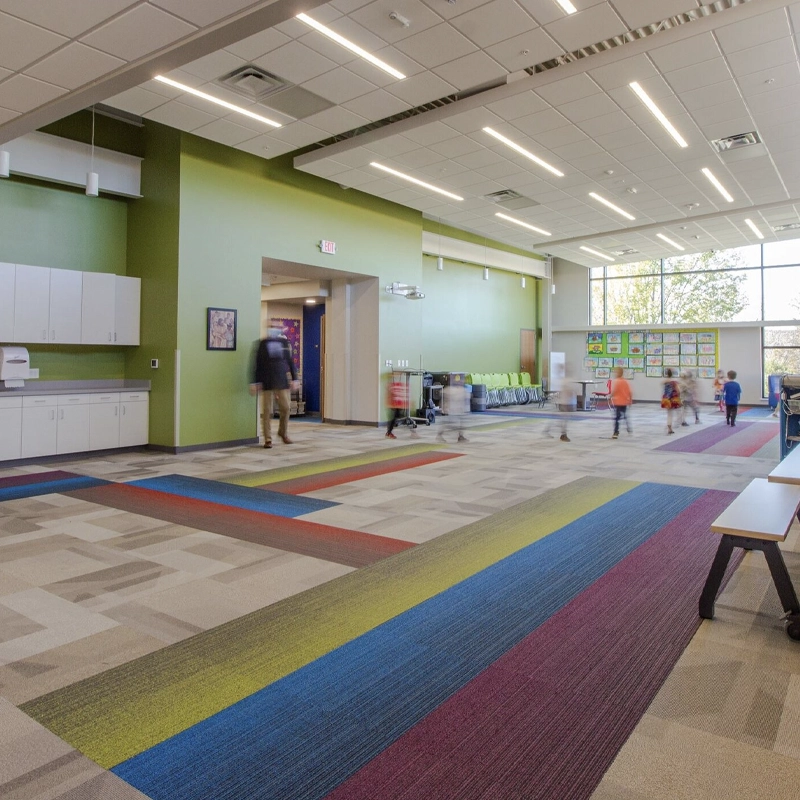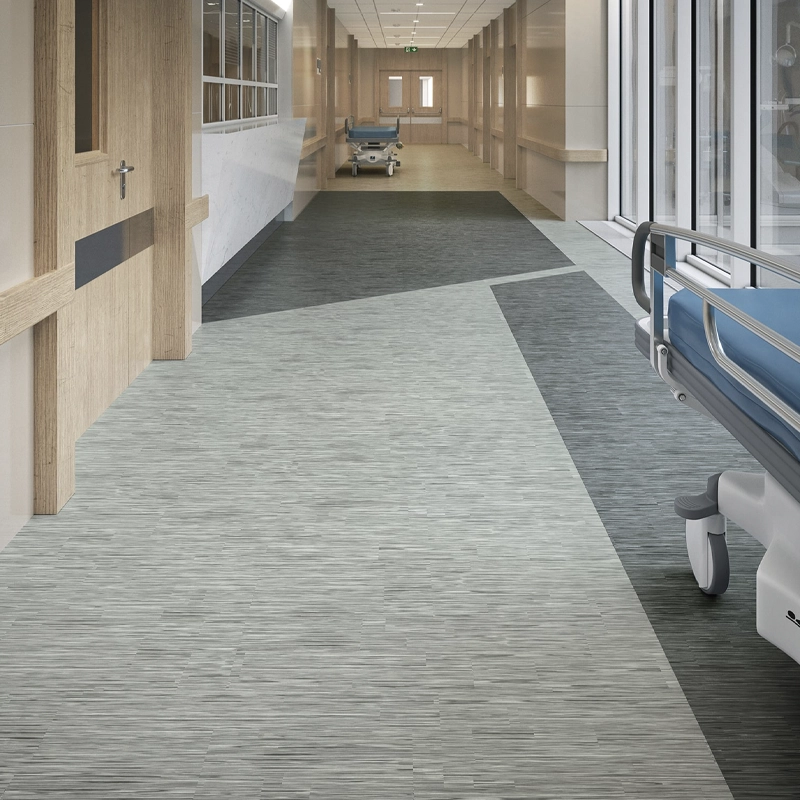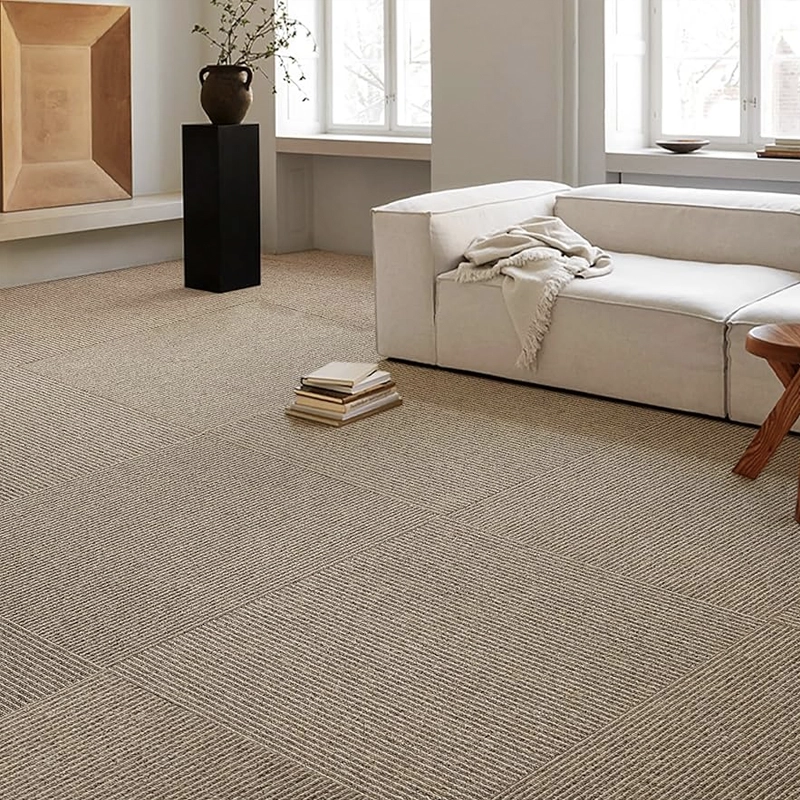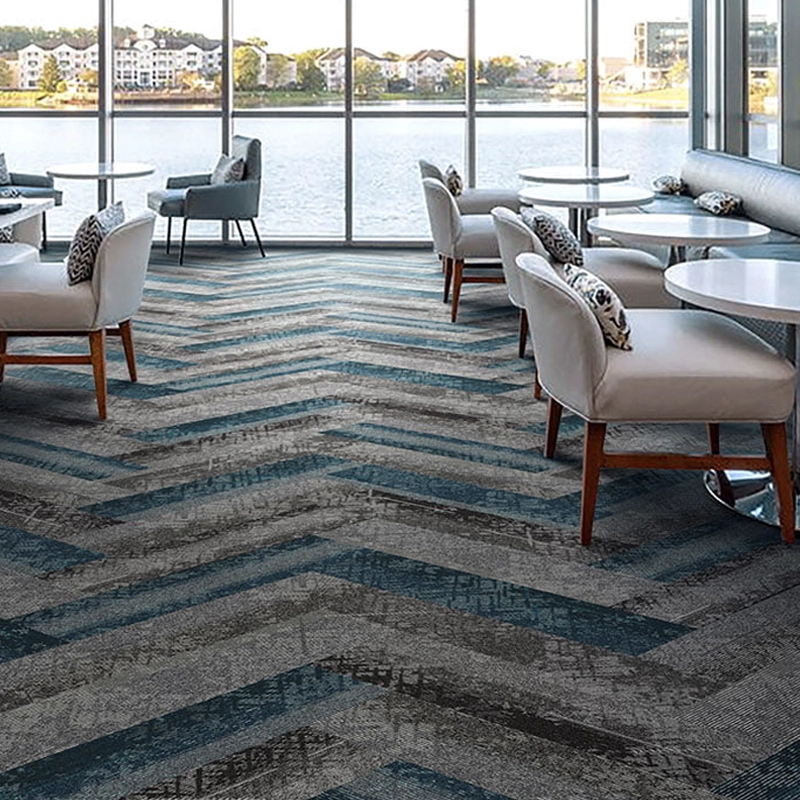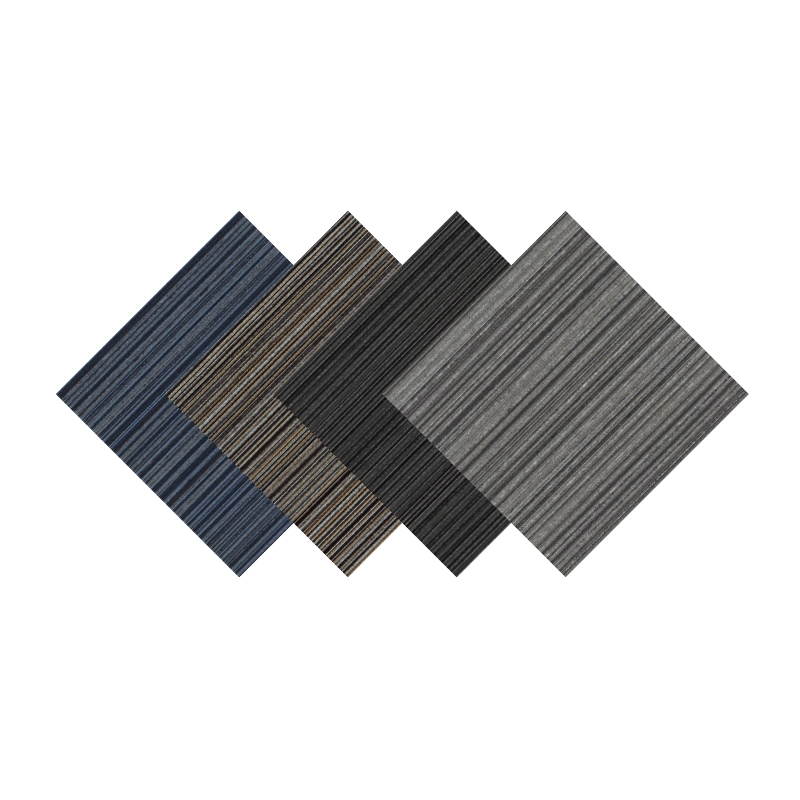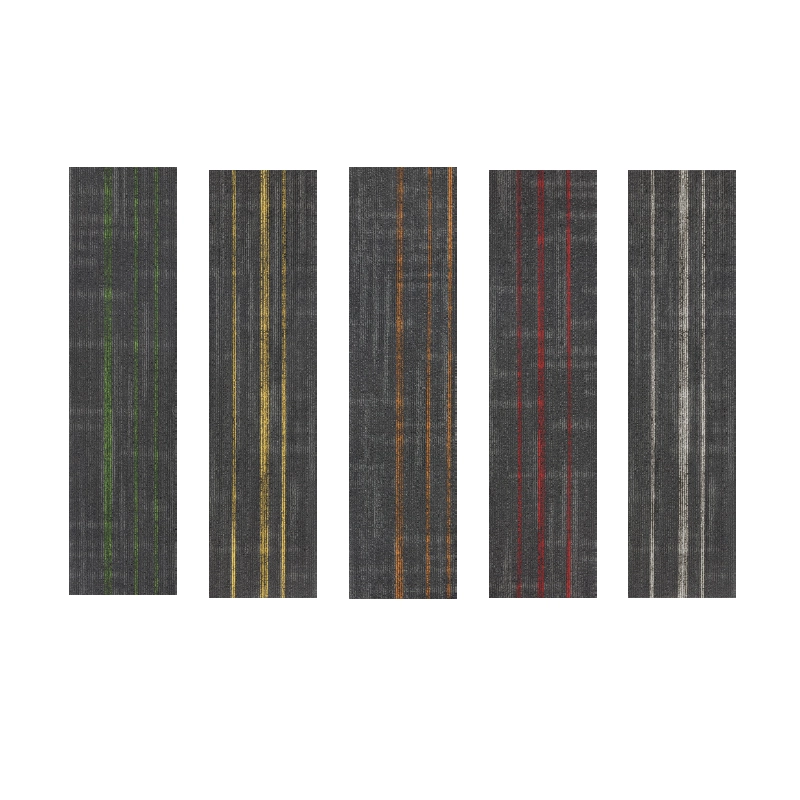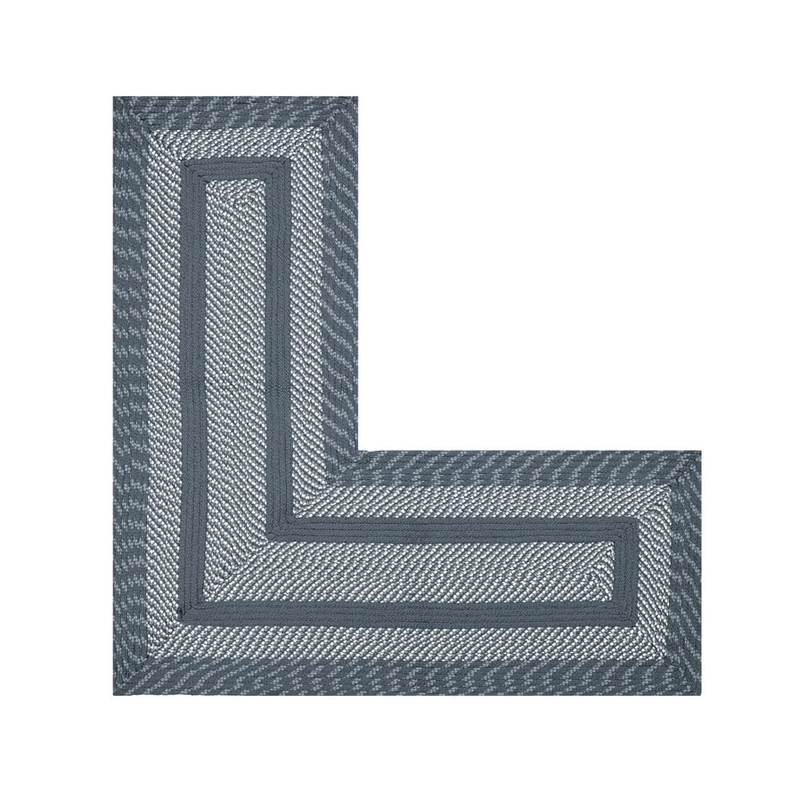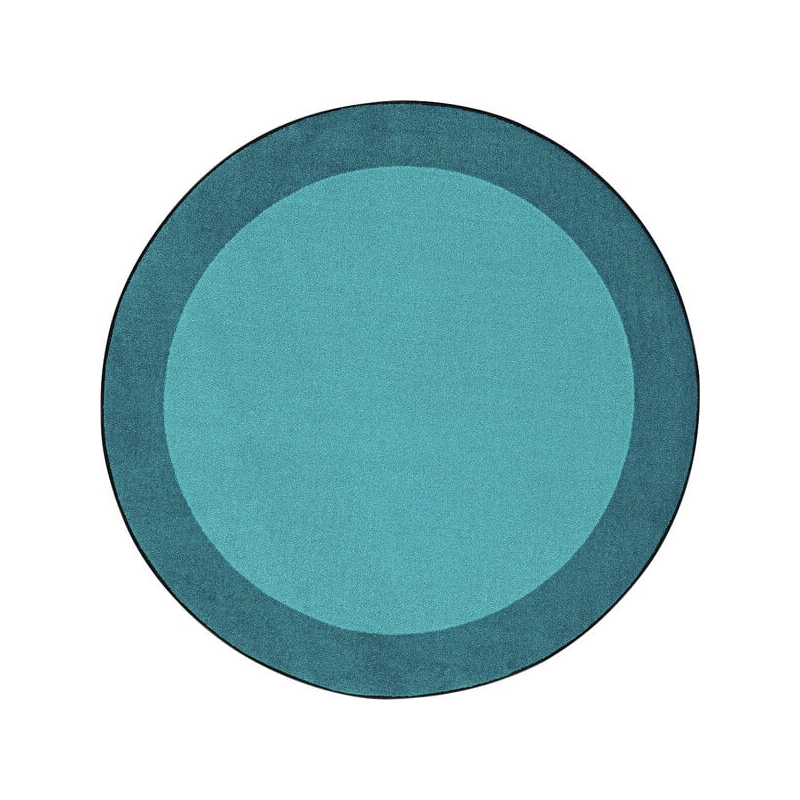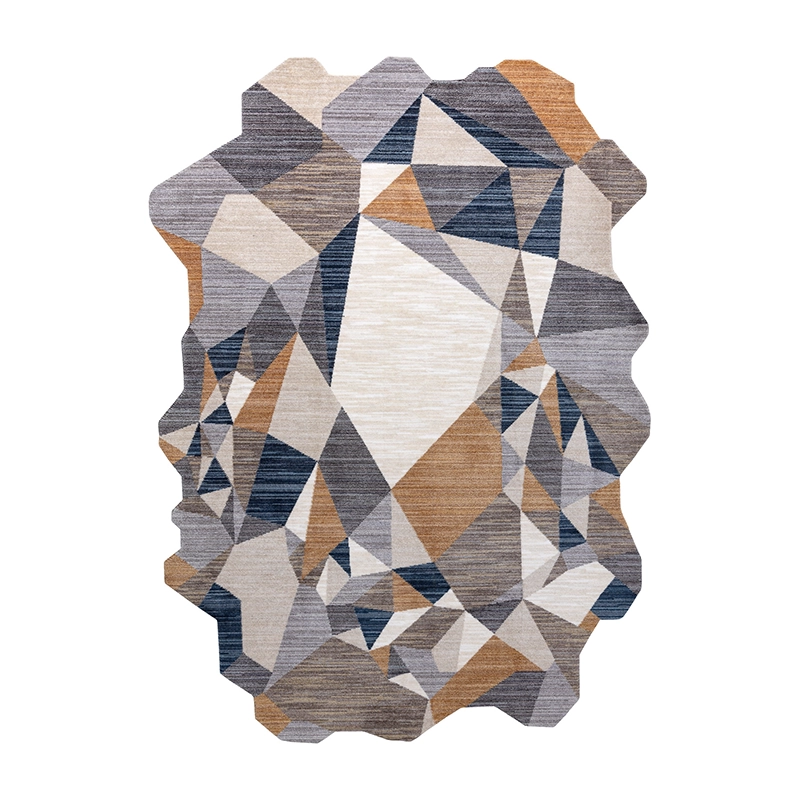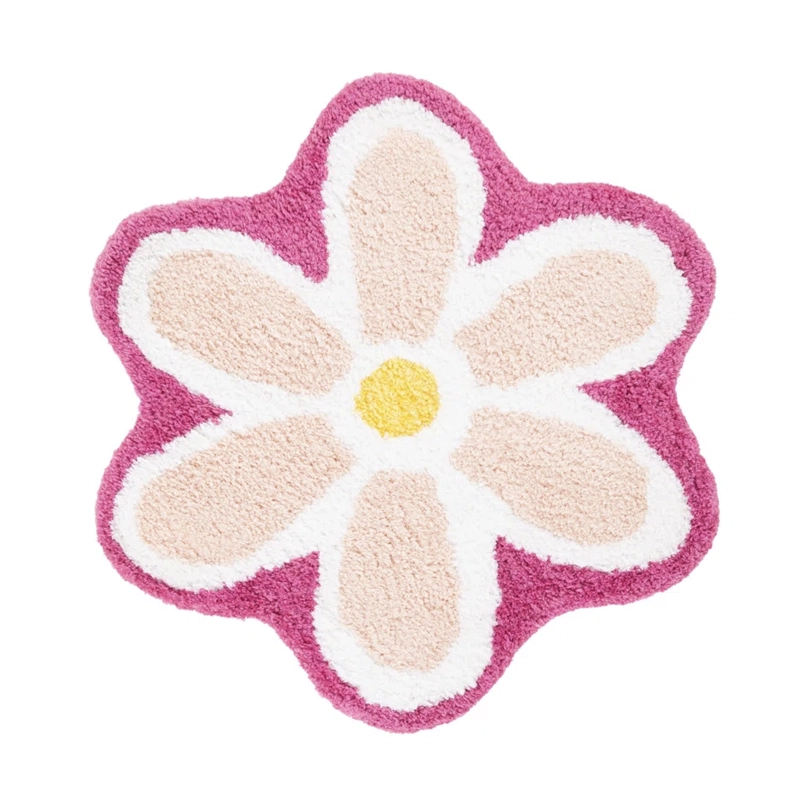Durable Polypropylene Carpet Tiles for Versatile Spaces
Polypropylene carpet tiles are the perfect solution for high-traffic areas requiring durability and aesthetics. Made from high-quality polypropylene fibers, these carpet tiles offer excellent stain resistance, easy maintenance, and long-lasting performance. Available in various colors, patterns, and sizes, our polypropylene carpet tiles can be fully customized to fit any interior design or space. Easy to install, maintain,n and replace, they are a cost-effective flooring solution that combines style with long-lasting performance.
Polypropylene Carpet Tiles Manufacturers and Suppliers
At Unijoy, we specialize in providing high-quality polypropylene carpet tiles that meet the needs of both residential and commercial spaces. Our polypropylene tiles are durable, stain-resistant, and easy to maintain, making them ideal for high-traffic areas. Crafted using the highest quality standards, they ensure long-lasting performance while being easy to install and maintain. CE and CPC certified, committed to providing sustainable and cost-effective flooring solutions to meet your unique needs.
Range of Polypropylene Carpet Tiles
We offer a wide selection of polypropylene carpet tiles in various types, colors, patterns, and sizes to meet the unique needs of any space. Our collection includes loop piles, cut piles, and textured designs to match aesthetic and functional requirements perfectly. Whether you want a modern, sleek look or a more traditional, cozy feel, our polypropylene carpet tiles offer endless design possibilities.
Colors
Texture
Pattern
Application Scenarios
Shapes
What are Polypropylene Carpet Tiles?
Polypropylene carpet tiles are made from a synthetic fiber known for its durability, stain resistance, and versatility. These tiles are commonly used for residential and commercial spaces because of their robust features and affordability. The primary component of polypropylene is olefin, which is resistant to water, fading, and wear, making it a popular choice for high-traffic areas.
What sets polypropylene apart is its unique ability to withstand environmental stressors such as sunlight, high foot traffic, and spills. Unlike natural fibers, polypropylene doesn't absorb moisture, making it less prone to mold or mildew growth.
Pros and Cons of Choosing Polypropylene Carpet Tiles
Pros
- Durability: Polypropylene carpet tiles are designed to withstand wear and tear, making them ideal for high-traffic areas like hallways and offices.
- Stain Resistance: One of the standout features of polypropylene is its resistance to stains. Spills, dirt, and grime are easy to clean, making these tiles popular in homes with children or pets.
- Affordability: Polypropylene is generally less expensive than other carpet materials, offering great value for money.
- Moisture Resistance: Polypropylene fibers do not absorb moisture, making them resistant to mildew, mold, and odors.
- Easy Installation: Many polypropylene carpet tiles are peel-and-stick, making them easy to install and replace if needed.
- Low Maintenance: Regular vacuuming and occasional spot cleaning are usually sufficient to maintain the appearance of polypropylene carpet tiles.
- Variety of Styles: Available in an array of colors, textures, and patterns, these tiles can match any interior design style.
Cons
- Less Softness: Polypropylene carpet tiles can feel stiffer underfoot compared to softer materials like wool or nylon.
- Scratch and Fading: While polypropylene is resistant to stains, it can be prone to fading or scratches, especially under direct sunlight for extended periods.
- Environmental Impact: While recyclable, polypropylene is a synthetic material and may not be as eco-friendly as natural fibers, especially if not disposed of correctly.
- Chemical Sensitivity: Polypropylene tiles can be more sensitive to harsh chemicals or cleaners, which could damage the fibers if used incorrectly.
Best Applications for Polypropylene Carpet Tiles
Polypropylene carpet tiles are versatile and can be used in various settings. They are especially suited for areas that experience a lot of foot traffic, moisture, or spills. Below are some of the best applications for polypropylene carpet tiles:
- Offices: High-traffic areas in offices need durable and easy-to-maintain flooring. Polypropylene carpet tiles fit the bill perfectly.
- Commercial Spaces: Retail stores, malls, and restaurants can benefit from the cost-effectiveness and easy maintenance of polypropylene tiles.
- Residential Spaces: Entryways, living rooms, and hallways are ideal spaces for polypropylene carpet tiles, offering a blend of style and functionality.
- Kitchens and Dining Areas: Polypropylene’s resistance to stains and moisture makes it a great option for kitchens or dining rooms.
- Homes with Kids and Pets: The stain and moisture resistance make these carpet tiles ideal for homes with young children or pets.
- Commercial Buildings: For businesses in need of durable, long-lasting flooring, polypropylene carpet tiles offer an affordable solution for corridors, conference rooms, and break areas.
How to Choose the Right PP Carpet Tiles for High-Traffic Areas
When it comes to selecting polypropylene carpet tiles for high-traffic spaces, there are several factors to consider to ensure you get the right fit.
High-traffic areas require tiles that are dense and tightly woven. These tiles will stand up better to foot traffic and wear. Ensure you choose polypropylene tiles with a higher fiber density to increase longevity.
Different polypropylene tiles have different wear ratings. If you're installing in a high-traffic area, look for a tile that has been tested for commercial use. Certifications like "Commercial Grade" or "Heavy Duty" will ensure the tiles hold up over time.
For high-traffic areas, installation and maintenance should be straightforward. Choose tiles that are easy to install, such as those with peel-and-stick backing or interlocking mechanisms. Additionally, opt for tiles that require minimal maintenance. Many polypropylene tiles are designed to be easy to clean, making them a low-maintenance flooring option.
While durability is key, you should also consider the tiles' design flexibility. Polypropylene carpet tiles come in numerous colors and patterns, allowing you to customize your flooring while ensuring it can withstand the demands of high-traffic environments.
Polypropylene Carpet vs. Polyester Carpet
| Feature | Polypropylene Carpet | Polyester Carpet |
|---|---|---|
| Durability | Highly durable, ideal for high-traffic areas | Less durable, can wear faster in high-traffic areas |
| Stain Resistance | Excellent stain resistance due to moisture resistance | Stain resistance varies, generally lower than polypropylene |
| Cost | More affordable | Can be more expensive than polypropylene |
| Softness | Less soft than natural fibers like wool | Generally softer and plush underfoot |
| Environmental Impact | Made from synthetic fibers, can be recycled | Made from synthetic fibers, often derived from petroleum |
| Maintenance | Easy to clean and maintain | May require more care, especially with stains |
Are Polypropylene Carpet Tiles Safe?
When it comes to safety, polypropylene carpet tiles check all the boxes. Polypropylene is a non-toxic material that is safe for homes with children and pets. It is made from a synthetic polymer that doesn’t contain harmful chemicals, making it a safe choice for environments where health and safety are a concern. Additionally, polypropylene carpet tiles are fire-resistant to a certain extent, offering a higher level of safety than other flooring types.
Many manufacturers of polypropylene carpet tiles also use environmentally friendly production methods, further enhancing their safety profile. As a synthetic material, polypropylene doesn’t release harmful volatile organic compounds (VOCs) into the air, contributing to better indoor air quality.
Environmental Benefits of Polypropylene Carpet Tiles
With increasing awareness about environmental sustainability, it’s natural to question the ecological footprint of our products. Polypropylene carpet tiles, while synthetic, have some environmental benefits that set them apart from other types of flooring.
One of polypropylene's key benefits is that it is recyclable. Many manufacturers have begun incorporating recycled polypropylene into their products, making these carpet tiles more eco-friendly. Once these tiles have reached the end of their lifespan, they can be collected and repurposed, which helps reduce the amount of waste in landfills.
Polypropylene has a lower carbon footprint during production compared to other synthetic fibers. This is mainly because the material is made from less energy-intensive processes and requires fewer natural resources. For those looking for an environmentally responsible flooring option, polypropylene carpet tiles are an appealing choice.
Because polypropylene carpet tiles are highly durable, they last longer than other carpet types, reducing the frequency of replacements. Fewer replacements mean less waste over time, a significant factor in their overall sustainability.
Disadvantages of Nylon Carpet Tiles
Regular vacuuming is crucial for maintaining the appearance of your carpet tiles. Dust and dirt can accumulate on the surface, leading to abrasion of the fibers over time. A vacuum with a beater bar is ideal for cleaning polypropylene carpets, as it helps to lift dirt and debris without damaging the fibers.
Aside from vacuuming, cleaning your polypropylene carpet tiles regularly is essential to keep them free from stains and dirt buildup. Spot-clean stains promptly with mild detergent and warm water, being sure to blot the stain rather than rubbing it. A carpet cleaner can be used for larger areas, but avoid harsh chemicals that may damage the material.
Polypropylene carpet tiles resist stains, but prompt action is still essential when spills occur. Whether it’s a drink or food, the longer a spill sits, the more likely it is to cause discoloration. Use a cloth to blot the spill immediately, and if necessary, follow up with a cleaning solution suitable for polypropylene.
Consider placing doormats at entry points to prevent dirt and grime from entering your home or office. This will help reduce the dirt that comes into contact with your carpet tiles. Additionally, using pads underneath heavy furniture can prevent indentations in the carpet.
Periodic inspections will help you identify wear and tear early on, allowing you to address any issues before they become significant problems. This includes checking for signs of fading, fraying, or damage to the edges of the tiles. Since polypropylene tiles are modular, replacing a damaged tile is easy without disrupting the entire floor.
FAQs
How long do polypropylene carpet tiles last?
Polypropylene carpet tiles can last many years, especially in low- to medium-traffic areas. Proper maintenance can extend their lifespan.
Are polypropylene carpet tiles good for commercial spaces?
Yes, polypropylene carpet tiles are durable and resistant to stains and moisture, making them ideal for commercial environments.
Can polypropylene carpet tiles be recycled?
Yes, polypropylene carpet tiles are recyclable, and many manufacturers use recycled materials.
Are polypropylene carpet tiles safe for pets and children?
Yes, polypropylene is hypoallergenic and non-toxic, making it a safe choice for households with children and pets.
Can I install polypropylene carpet tiles myself?
Yes, polypropylene carpet tiles are designed for DIY installation, and most styles come with peel-and-stick or interlocking features.
What are polypropylene carpet tiles made of?
Polypropylene carpet tiles are made from olefin, a synthetic fiber known for its durability, stain resistance, and moisture resistance.
Are polypropylene carpet tiles easy to install?
Yes, polypropylene carpet tiles are designed for easy installation, with options like peel-and-stick backing or interlocking tiles.
Are polypropylene carpet tiles eco-friendly?
While polypropylene is a synthetic fiber, some carpet tiles are made from recycled materials, offering an eco-friendly option.
Can polypropylene carpet tiles be installed in wet areas?
Absolutely! Polypropylene carpet tiles are water-resistant and ideal for moisture-prone areas, such as kitchens and bathrooms.

